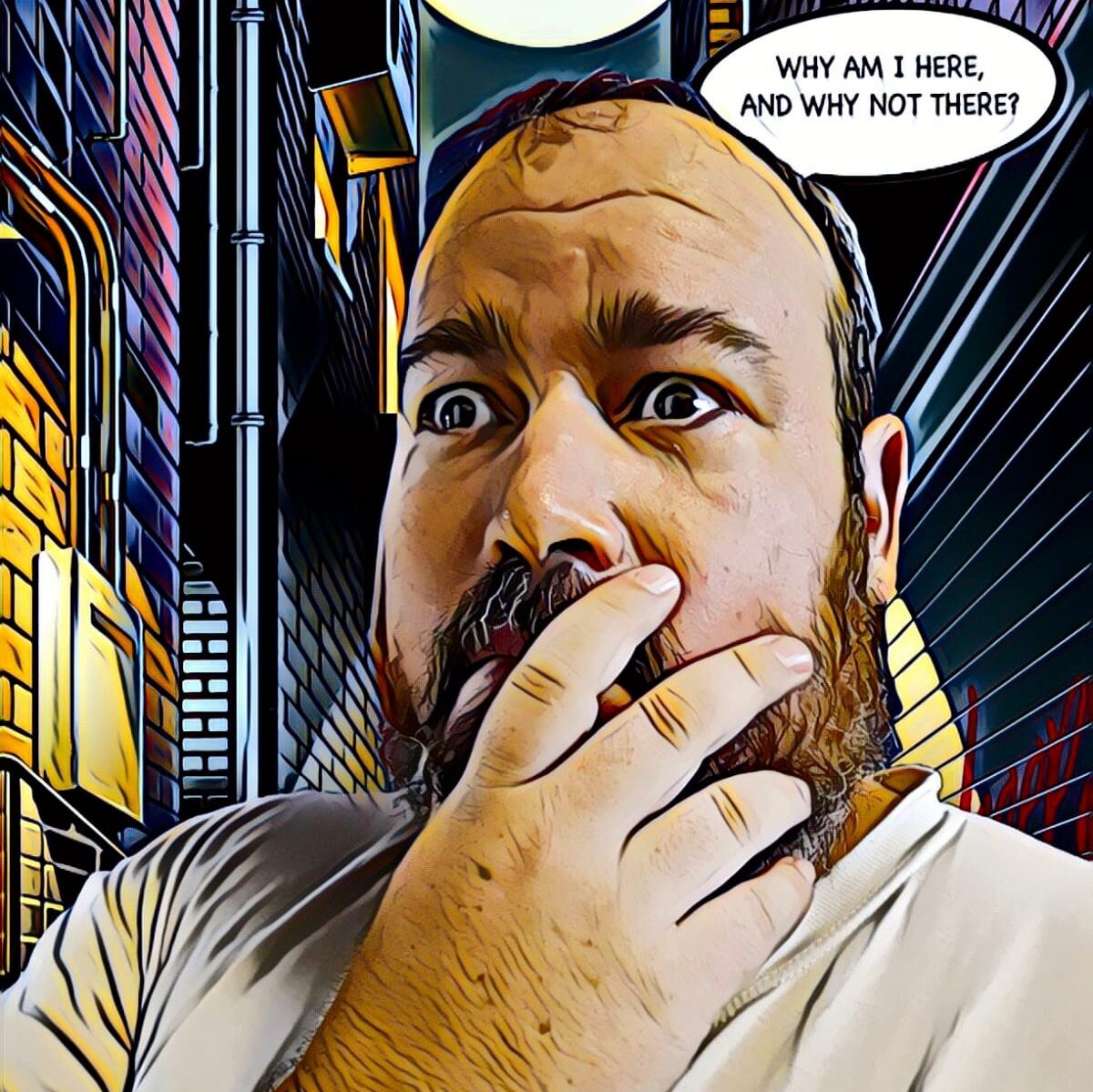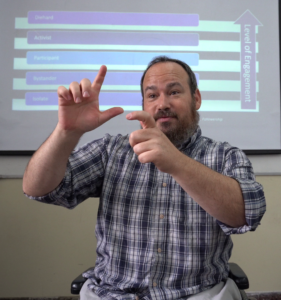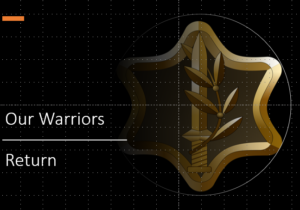
Are we the People of the Book or the People of the Storybook?
On Rosh Hashanah (the Jewish New Year) many Jews spend time in prayer and personal contemplations. From New Year’s Eve through Yom Kippur (the Day of Atonement) the silent prayers – the Amida – includes added prayers which request that we be written in “the book of life, blessing, peace, good livelihood, good decrees, salvation, and comfort,” and that “it be remembered and written before you, we and all your people, the house of Israel, for a good life and peace.”
Now, I’ve read that paragraph hundreds of times.
And since I was a kid, I always thought the meaning of this paragraph and others like it went something along the lines of “he’s making a list, checking it twice…” You know a list of names of people who will live and another list of people who…well you know, people who just won’t make it through the year. And in another book (or perhaps on another page) he’s writing a list of people who will get blessing and peace and livelihood, and so on and so on.
But when I read the paragraph for the first time this year something was different. This was partially due to a shiur I heard on Aleph Beta by Rav David Fohrman.
But I think it was also because I wasn’t really focused on what I was saying. I was thinking about things beyond the prayer – life stuff that was bothering me, things I hadn’t done well, and wondering if I was going to get “delisted” because I hadn’t made the best choices or acted my best.
And while I was having these thoughts, I also began to think about what I would like to see for the coming year. And one of those things was related to my work – I would like to see myself getting invited by different groups and companies to share what I’ve learned about leadership, but more importantly to share my story.
Then I got hit by a ton of bricks.
I realized that didn’t really understand the meaning of the request or the purpose of the book AT ALL!
You see, the word “sefer” means book. But the root of that word can also be used to make the word to count or to tell a story.
And that got me thinking.
Are we simply asking to be listed in a book? Not really. We are asking the Storyteller of Storytellers to make sure we still have a part in the story He is writing. And we aren’t just asking for an honorary mention in that story, but that our part includes enough detail and attention for us to garner life, blessing, peace, good livelihood, good decrees, salvation, and comfort.
And we aren’t just asking that for ourselves. We are asking that all the Jewish people be included as prominent protagonists in the story.
And that got me thinking even deeper. What does it mean to be a people of the Book. I mean, there are books that are just lists. There are books that have recipes. There are all kinds of books. But when I think of a good book, my mind goes to a book that has a great storyline. One where the characters have meaningful relationships and there is gripping ups and downs that are so engaging that I just can’t put the book down.
Which let me to think some more. What does it mean to be the people of the Book? Is it that we are the people of the Book or the people of the STORY? Isn’t that the essence of the Torah? Isn’t that the role that we were given in the story told in the opening chapters of this book – the chapters written and passed down from generation to generation. Chapters that remind us that we were chosen to act as an example of what it means to act as an agent for good?
And isn’t it the role of the protagonist of the story to choose actions that will lead to a good outcome?
In the business world, storytelling and strategic narrative are so important. And while I have applied other parts of my learning – on leadership, followership, strategy, tactics, and more – to my life, I hadn’t really thought about how storytelling and strategic narrative are also part of the arsenal that I need to bring to my understanding of my life and relationships.
Or to my understanding of Torah, prayer, and the relationship I – and all the Jewish people – have with the Creator, the master Storyteller, who is writing and continues to write our story.
Now you may be asking, or thinking, something like – if he writes the story then what about free will?
I also had that thought as an immediate response to my contemplations.
And then I realized, some of the best protagonists are the ones who make choices that sometimes don’t jive with the story or throw the story off track for a bit before we get to resolution. The need for those characters to work and struggle to right the situation is part of what makes the story so compelling. They fail. They flounder. They don’t seem to have all the answer even though I, as the reader, can see their mistakes, I can’t change how they are going to decide or act. And even though I can sometimes know, in advance, that they are making a poor decision, it doesn’t necessarily mean I am going to stop reading the book – because for good or for bad I want to see how the story resolves itself.
In Jewish belief there are two ways this story ends. One is peaceful – with Jews choosing and acting in a way that follows the precepts set by the Creator. The other, not so much…
But that resolution isn’t the purpose of the book. The purpose is the STORY.
And it isn’t just about the metastory. It is also about my personal part in that story.
I may not be a main character. I may have only the most minor role. But by understanding and acknowledging that I am part of he story, I also know that I can impact outcome. I can help, through my decisions and actions, to keep the story moving.
Which means that my relationships, my personal story, my life, matter.
And what is so very interesting about this is, you don’t even have to believe there is a Creator or Master Storyteller, to accept this idea. Contemplate for a moment the idea of a history book – it is essentially a rewriting of the story that was already told.
If we accept that we are part of a metastory – by the very fact of our existence – and that we also have our personal story that we create and write every day through our relationships and actions, then how we behave and what we choose is matters.
And it also means that, like the characters in a good book, we need to acknowledge and accept that we make mistakes and still have to keep on struggling and working to get better and keep the story moving forward.
Which let to a final thought – how do I want my part in the story to read once it is done. Do I want to be one of those hardheaded characters that doesn’t see how their choices are negatively impacting the overall storyline? Or do I want to be a character who, even if my part is not really significant, helps the push the story forward and thus giving meaning and purpose to my actions?
And can I forgive myself for how my past actions may have negatively impacted my story or the metastory? Can I see how those actions led me to where I am today? And, while I cannot erase or change that part of the story, can I see a future where my part has a positive impact on the story – on my relationships, on my family, friends, community, and more?
And when we finish the coming holiday, and this chapter of the metastory is sealed, how will I choose to play my minor part in making sure that story has a happy ending?
Because I get to choose how I play my role, and how my story impacts the bigger storyline, even if my part in the story ends in this chapter.
And that makes my prayers, thoughts, decision, and action, have much more meaning that I ever thought possible.
Gmar Chatima Tova – May you be signed and sealed into the STORY of life!



